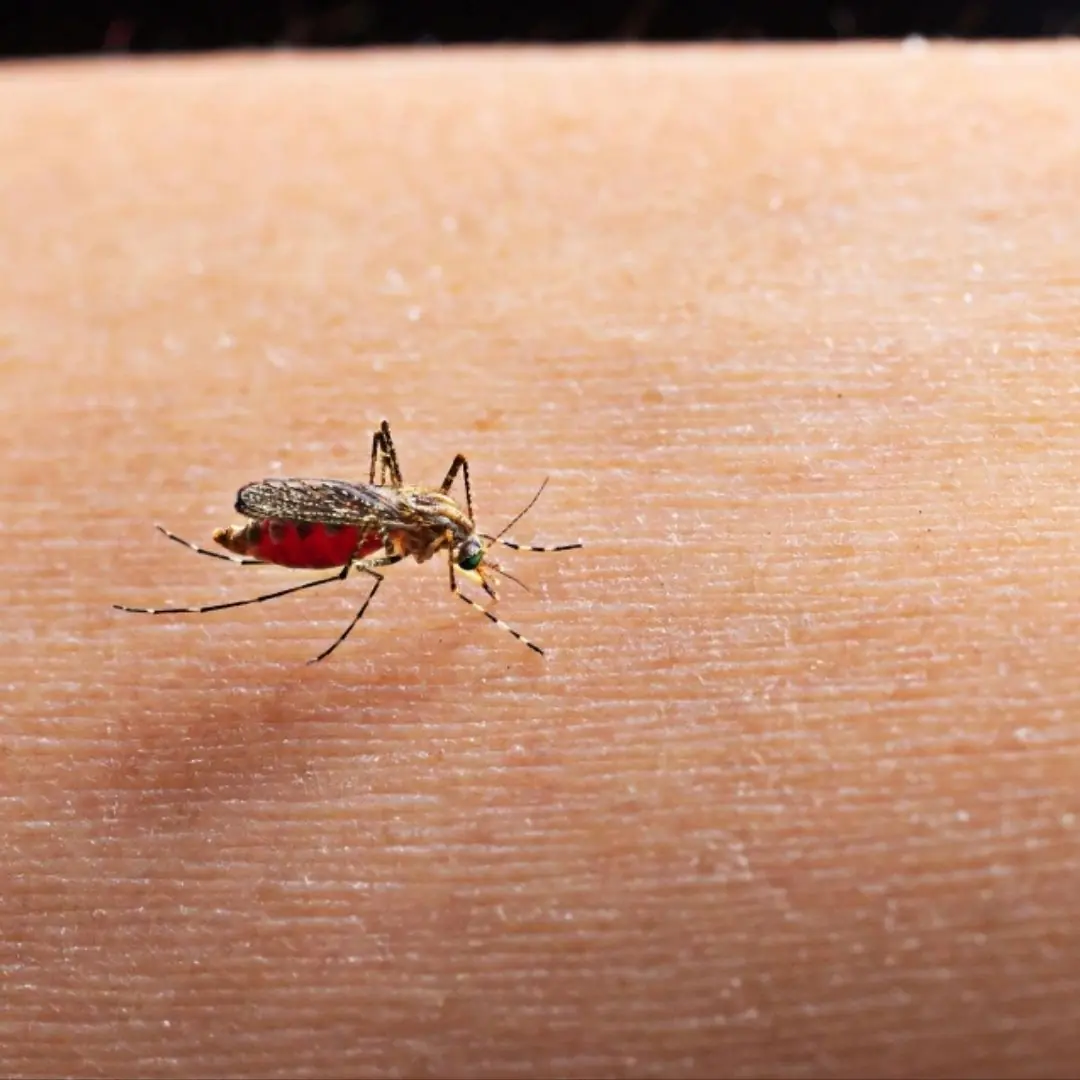
This small and cheap fish helps to prolong life
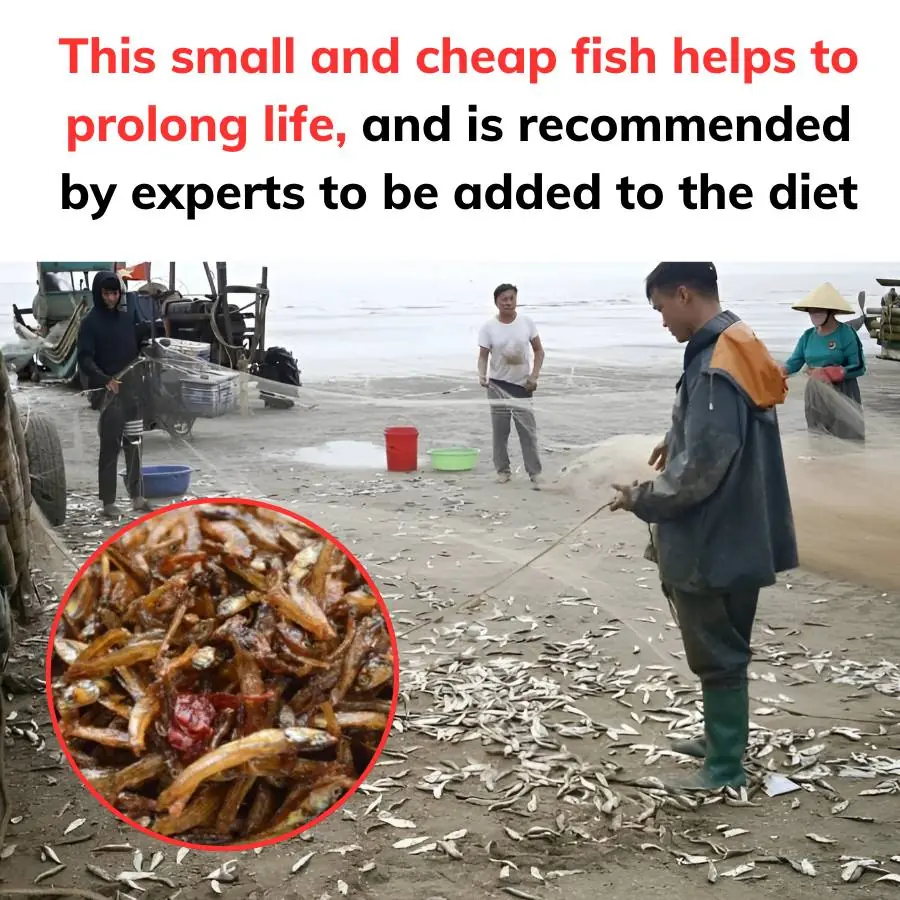
Small fish such as herring, anchovies, and sardines can help prevent premature deaths worldwide. Currently, deaths related to cardiovascular disease and diabetes account for 44% of all deaths worldwide. Ms. Kate Donelan, a nutritionist at Stanford Healthcare Medical Center in California (USA), said that increasing small fish such as herring, anchovies, and sardines helps to supplement omega-3 fatty acids, which can prevent the above diseases. That is because these fish are rich in omega-3 and many studies show that supplementing foods rich in omega-3 helps reduce inflammation, improve cholesterol levels, and reduce the risk of heart disease.
Moreover, these fish are also rich in calcium, vitamins, protein, and other minerals. Research by the National Institute for Environmental Studies in Tsukuba, Japan, also showed that eating small fish and reducing meat helps reduce the death rate from heart disease, stroke, diabetes, and colorectal cancer.
Small fish are especially good for health, especially in reducing coronary heart disease.
Are small fish better than large fish?
Small fish such as herring, anchovies and sardines have high omega-3 content. The omega content in herring is said to be equivalent to salmon. Meanwhile, these small fish are also rich in protein and calcium. In particular, fish such as herring, anchovies and sardines have a lower risk of mercury than other large fish.
Small fish such as anchovies and sardines have a lower risk of mercury content
Small fish such as anchovies and sardines have a lower risk of mercury content
Moreover, these small fish are cheap. In Vietnam, sardines, herring and anchovies are much cheaper than other large fish. They only cost 50-80,000 VND per kilogram. While large fish cost several hundred thousand.
Large fish that live deep and live long often contain many chemicals that pollute the environment, including toxic chemicals such as mercury. Therefore, consuming more small fish has more advantages than eating large fish. Small fish live less time, have a short life cycle, so they are less contaminated with heavy metals. Small fish can also eat the whole bones and belly of the fish, so they absorb more nutrients than large fish.
News in the same category


Tips to fix food that is too spicy when cooking
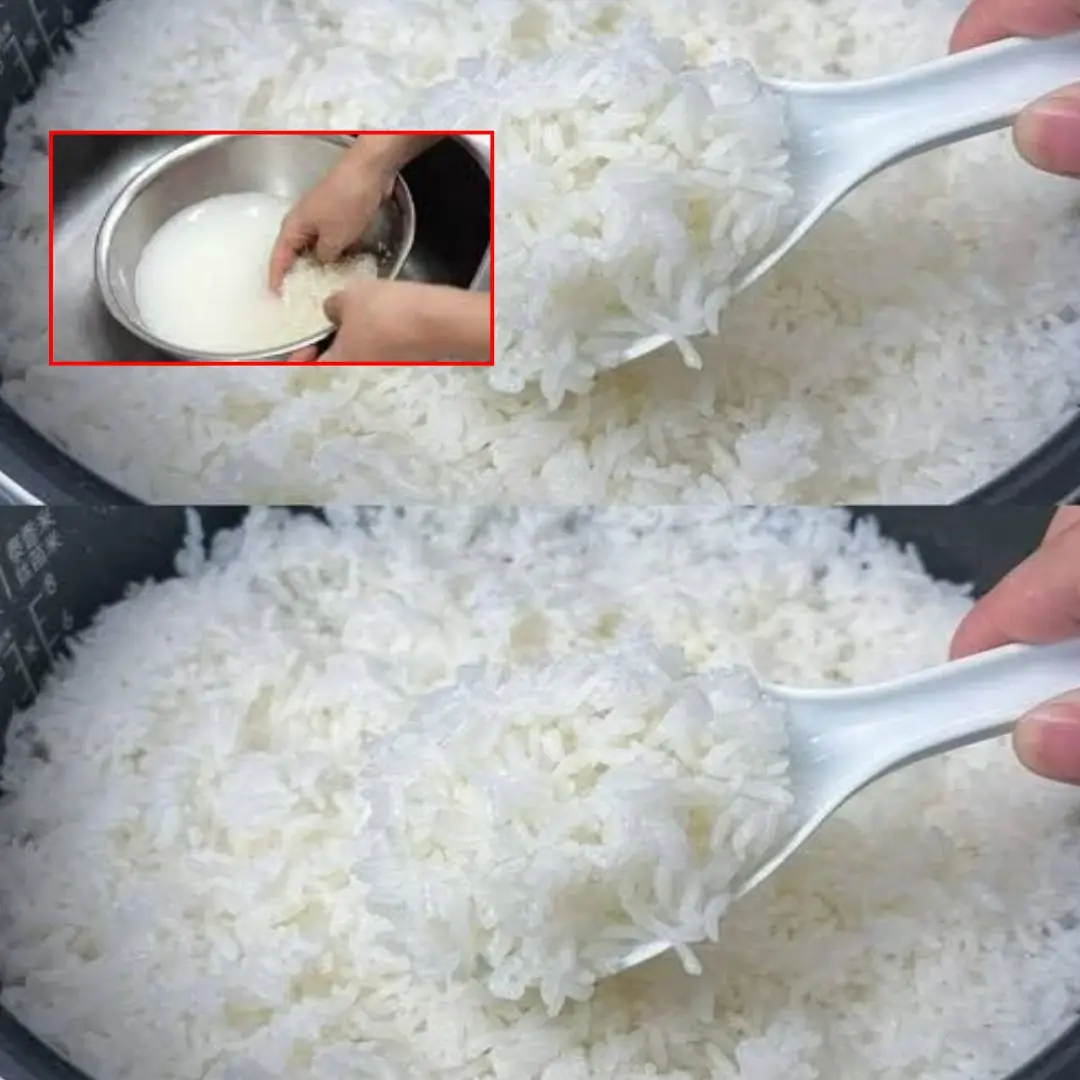
Adding only water when cooking rice is a big mistake. I will share with you the secret that hotels use

This type of leaf contains calcium

Is it right to close the door tightly when using the air conditioner
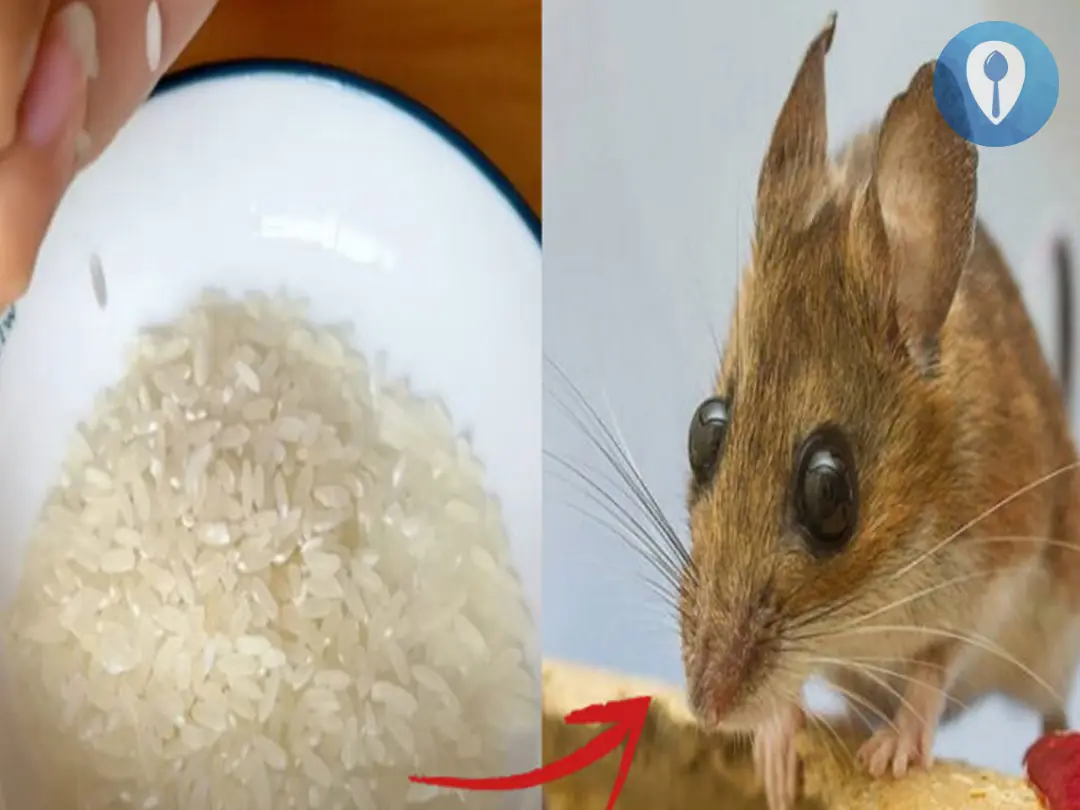
How to chase away a bunch of rats with just a handful of rice, without using toxic baits

Tips to keep your flowers fresh

Tips to make rice more delicious that not everyone knows

8 Plants You Should Never Grow Indoors—and What You Should Plant Instead
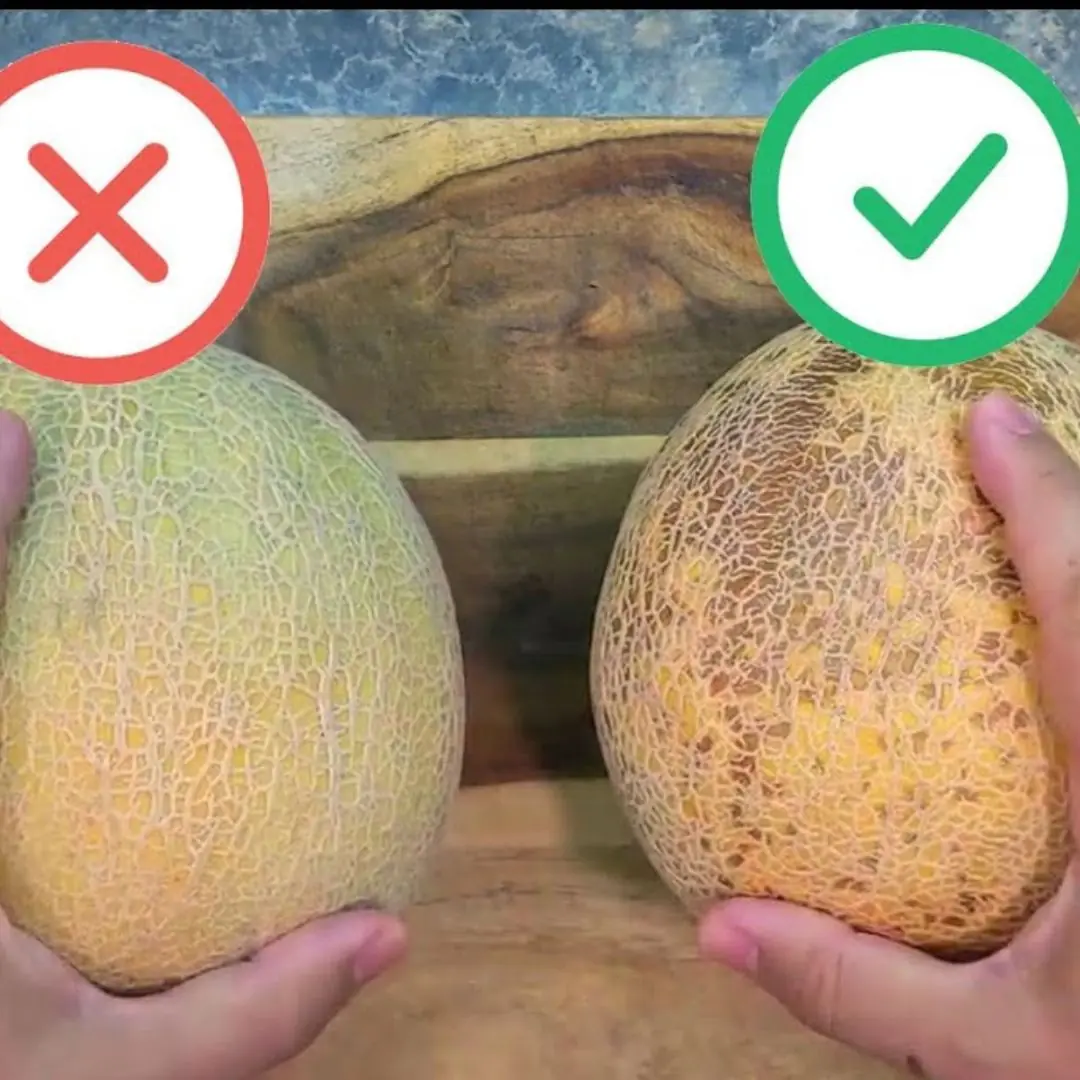
How to pick a sweet and juicy cantaloupe melon
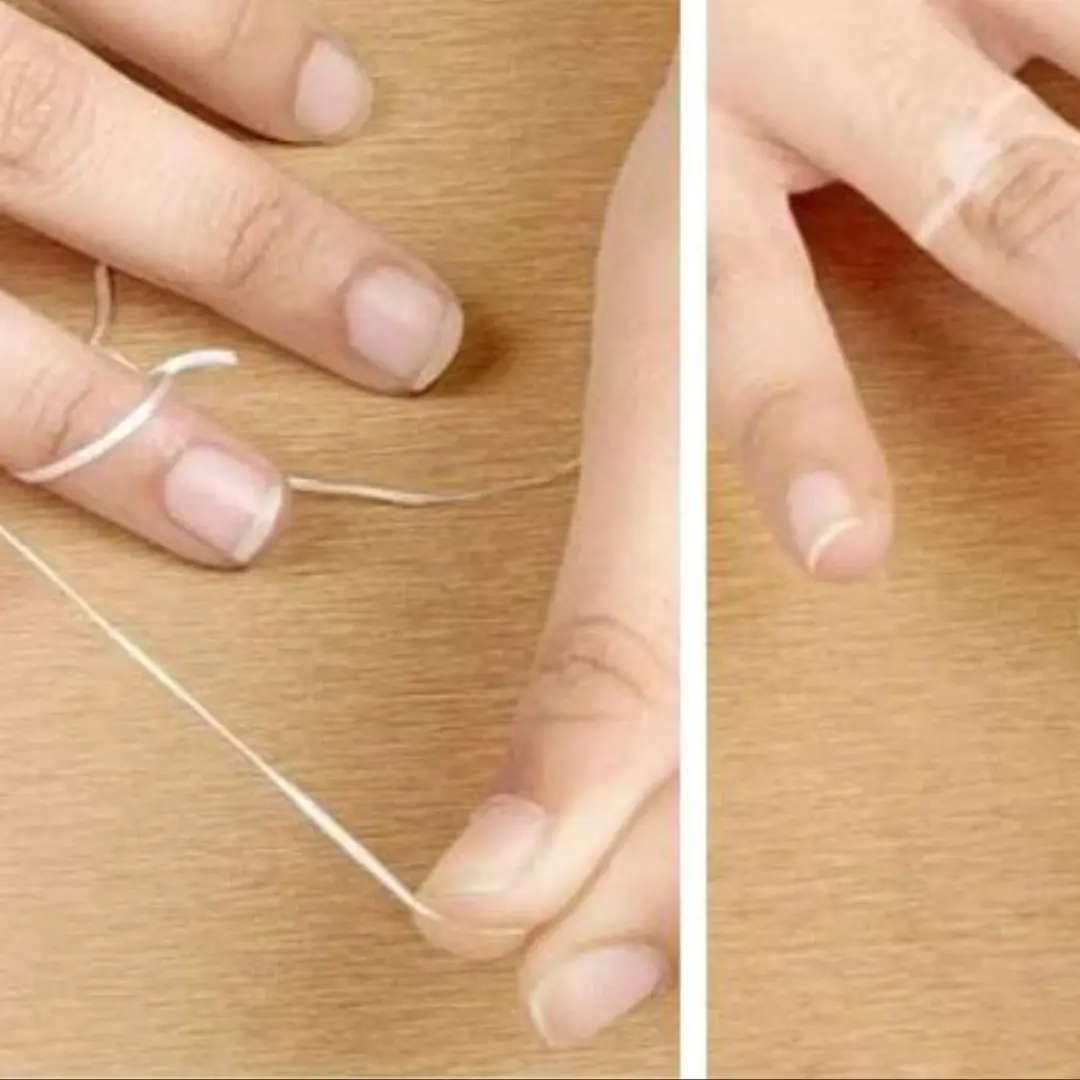
How to remove a tight ring on your hand easily without lube
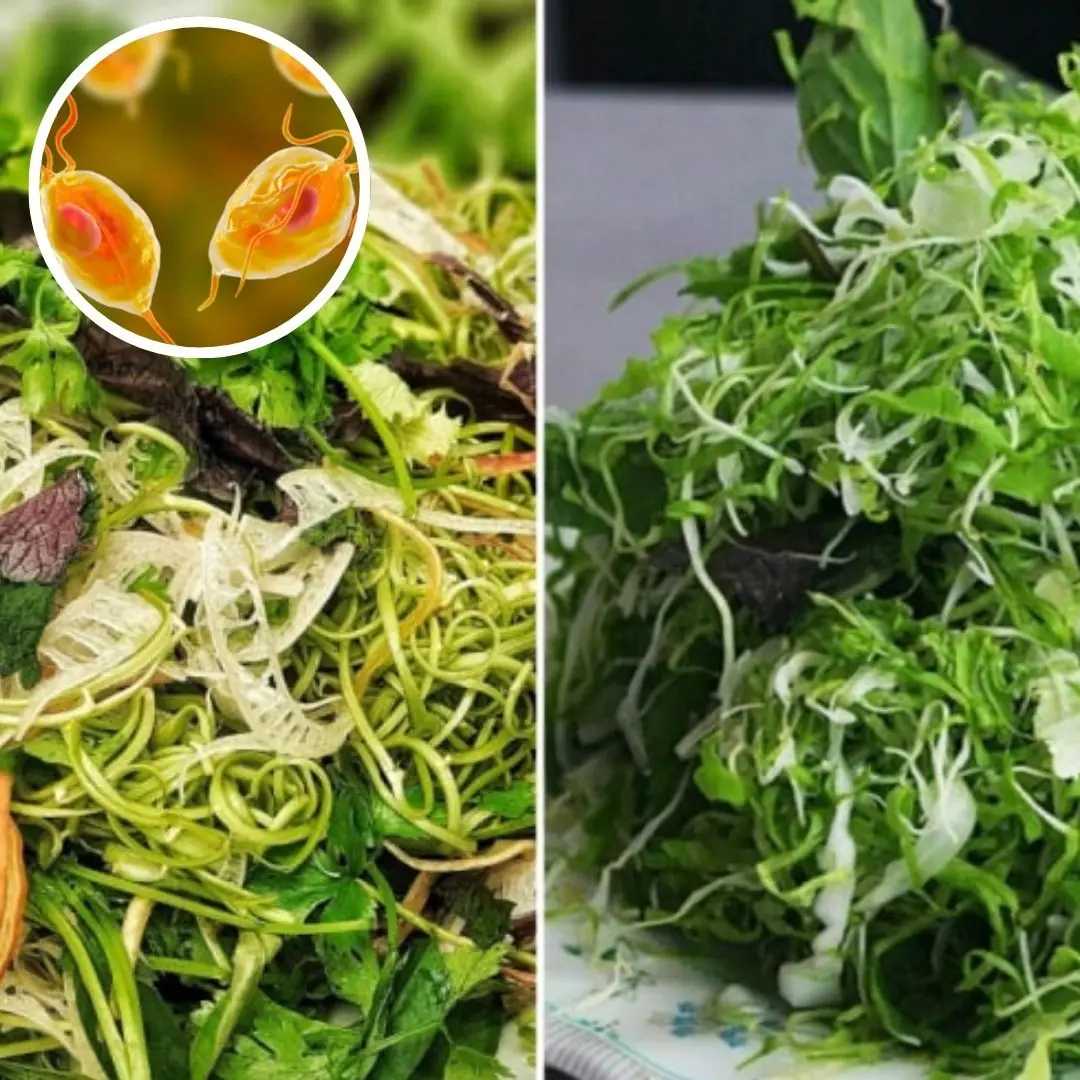
There are 3 types of vegetables that are easily infected with parasites, be especially careful when eating them
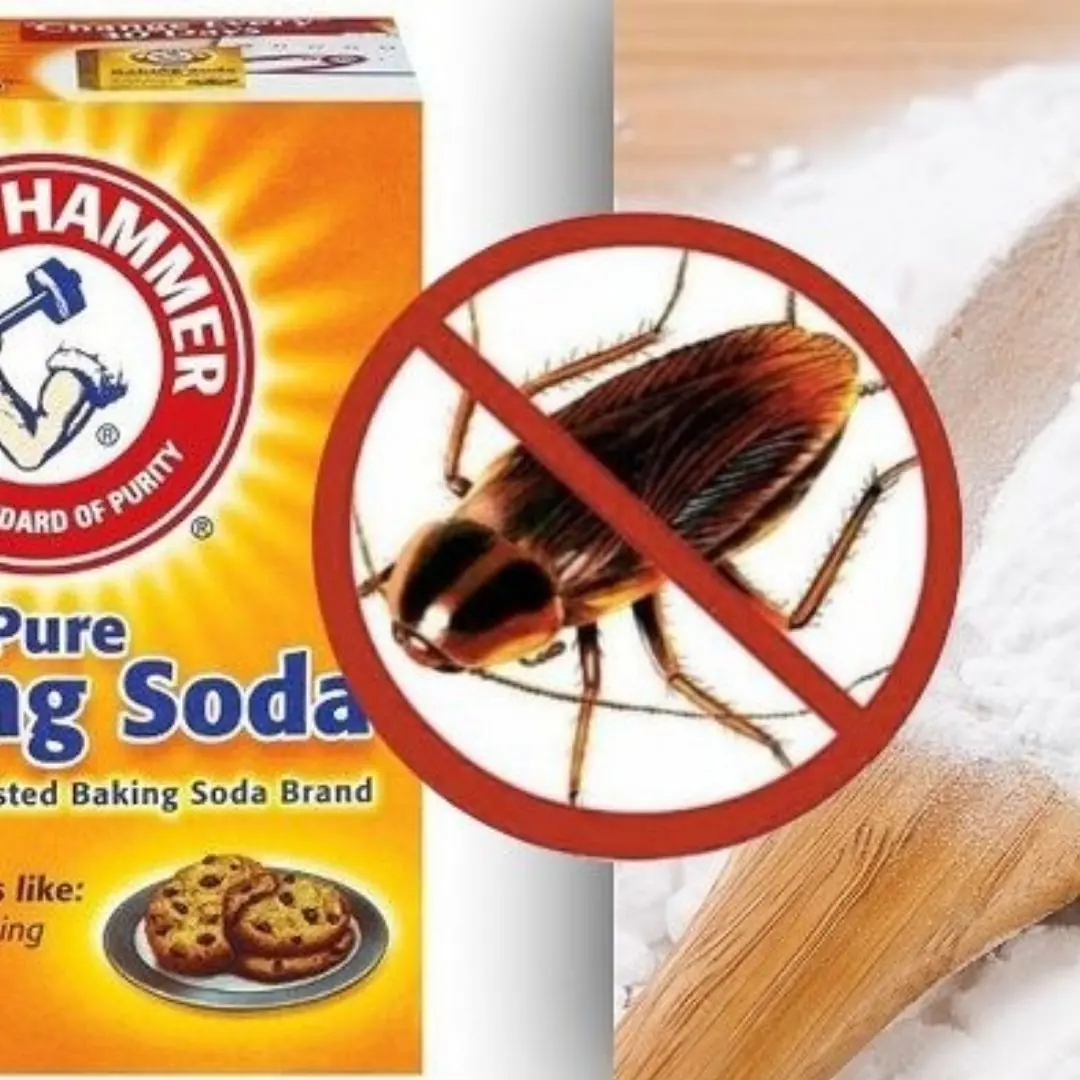
Why should you k.i.l.l cockroaches with baking soda?

Top 20 Foods that should not be kept in the refrigerator for too long
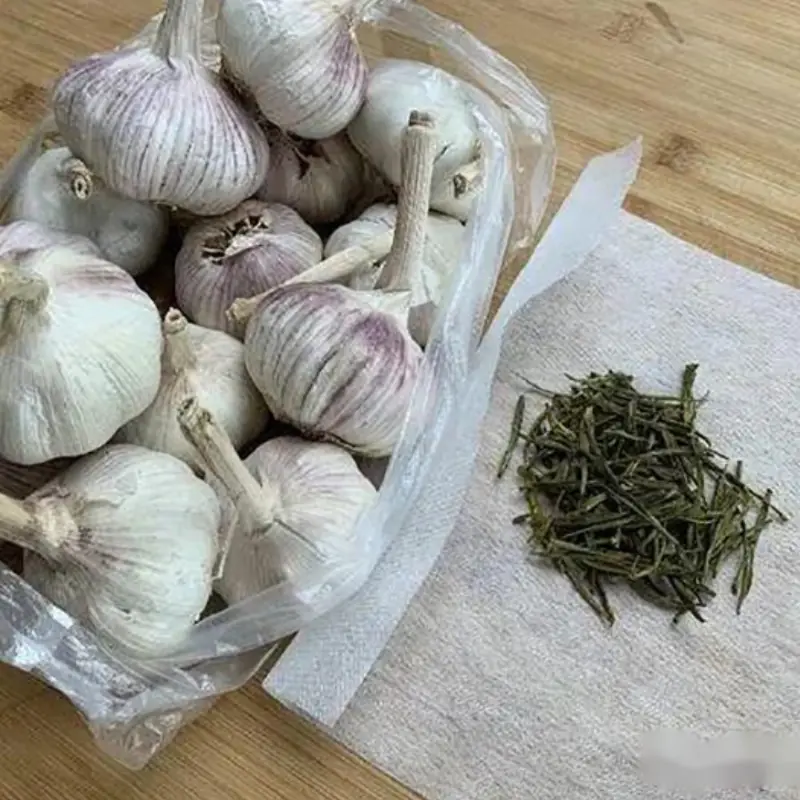
Today I Just Discovered 3 Incredibly Easy Garlic Storage Tips—Garlic Stays Fresh All Year Without Rotting
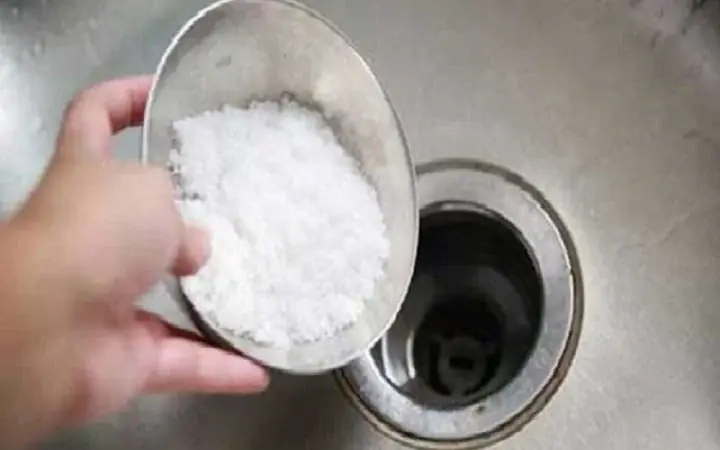
95% of People Don’t Know This: Just Salt Can Fix That Nasty Drain Problem—For Free!
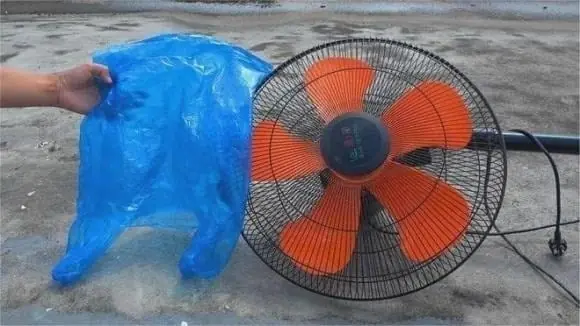
This $0 Trick Cleans Your Fan Better Than Any Gadget—You’ll Never Go Back!
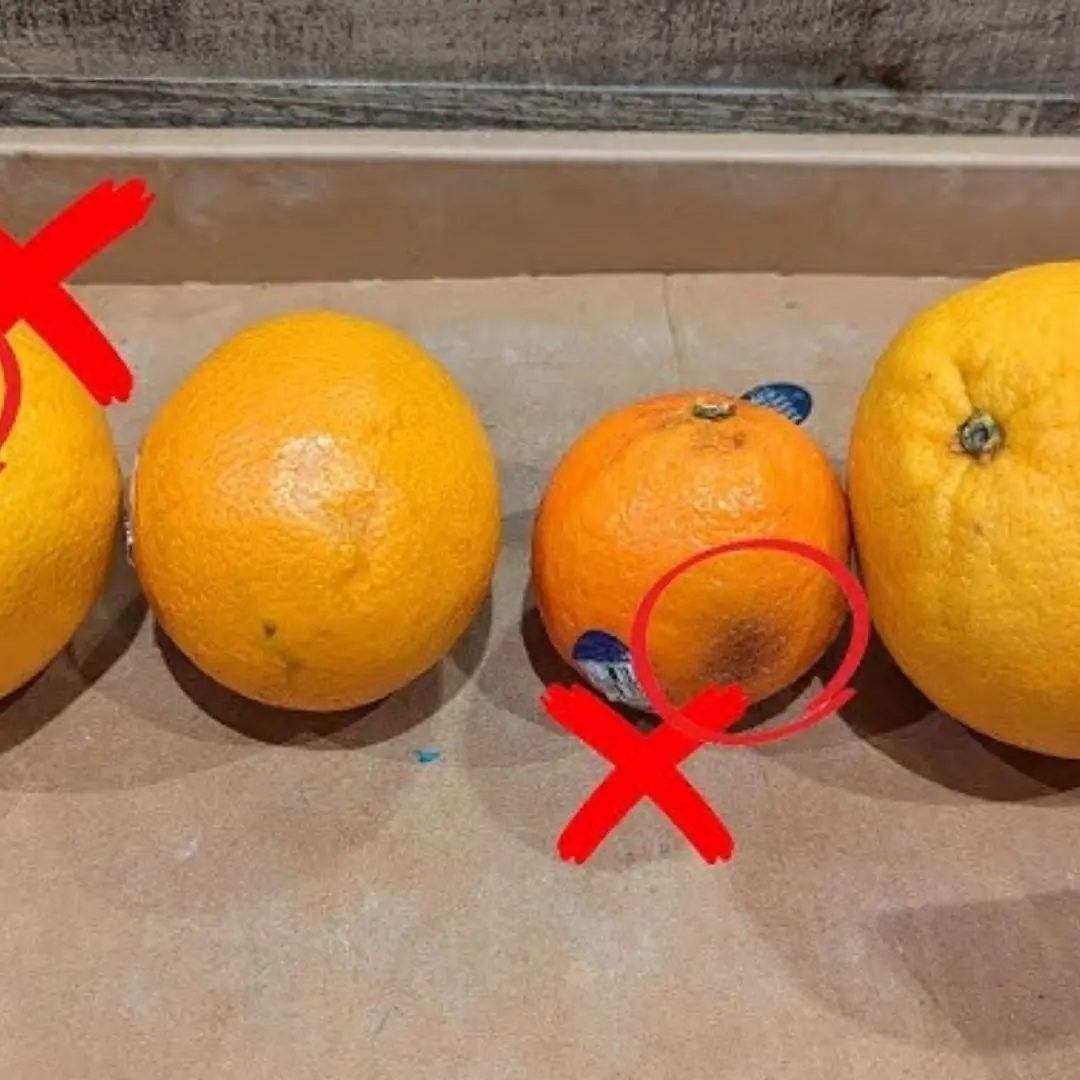
How to Choose Juicy Lemons and Limes with 3 Secret Tips

Toilet Bowl Stained Yellow? Try These 5 Cheap and Effective Cleaning Hacks to Make It Sparkle Like New
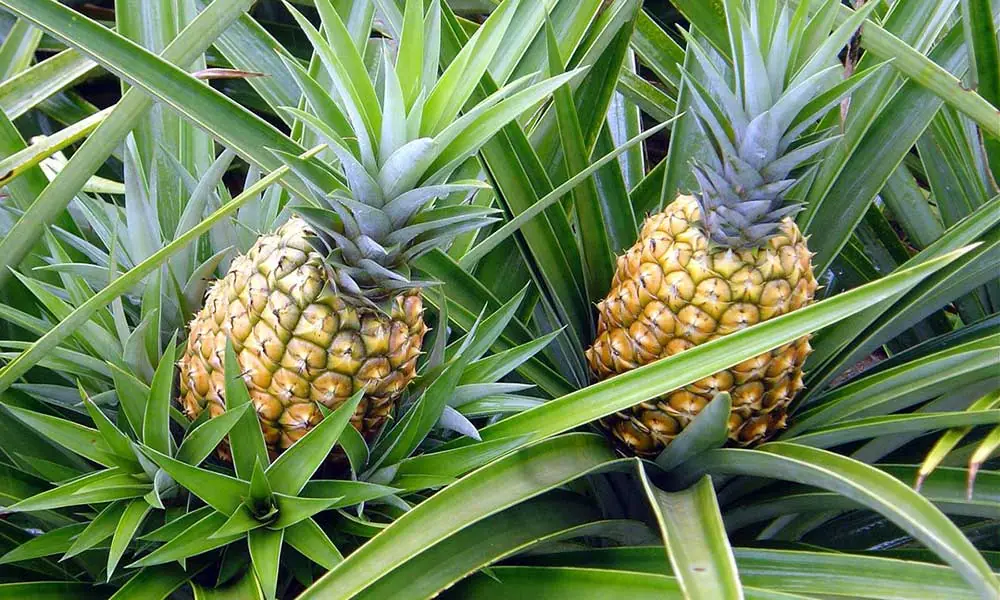
Snake-Magnet Plants You Should Avoid Growing Near Your Home — No Matter How Beautiful or Fragrant They Are
News Post

Why do flight attendants like to bring a banana on the plane?
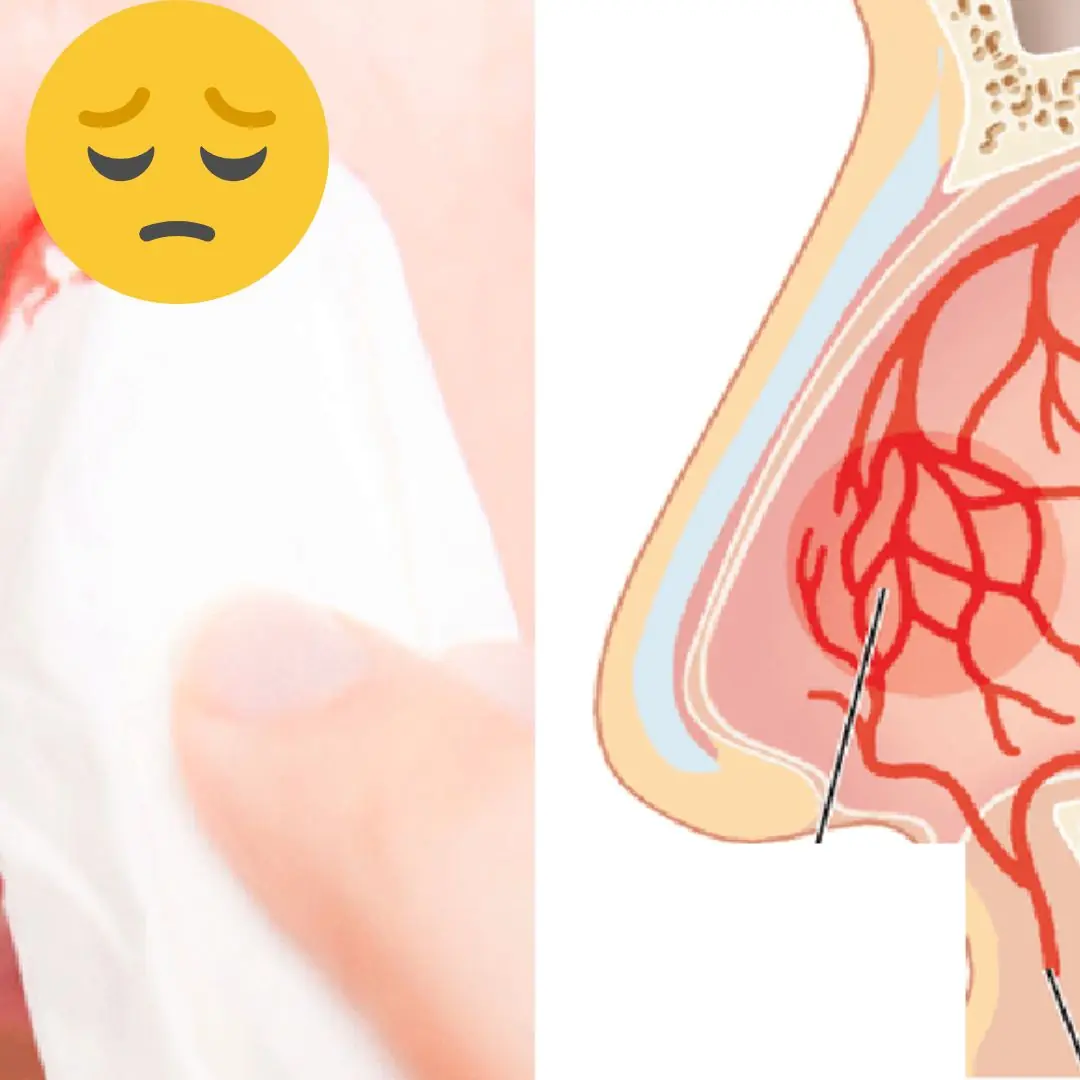
What are the symptoms of no.seble.eds and when should you see a doctor?

Here's What Eating Blueberries Every Day Does to Your Body, Says a Registered Dietitian

No matter how delicious they are, don't eat these 5 parts of the pig or you'll get si.ck
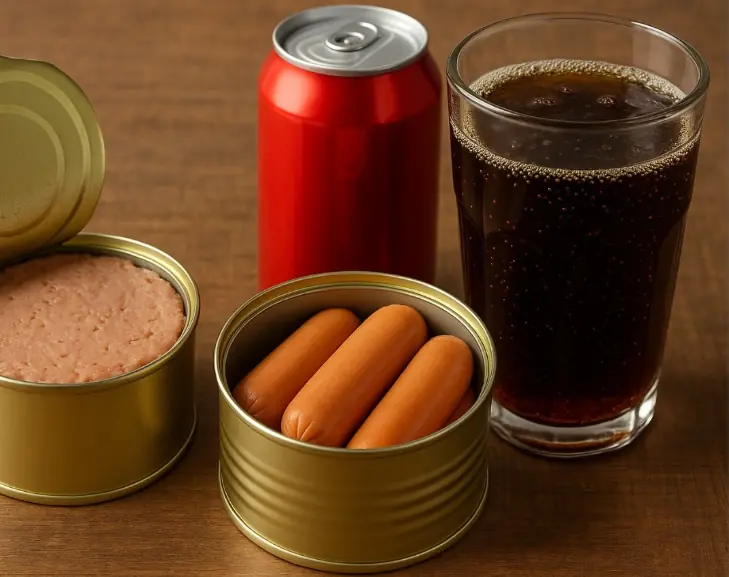
5 common foods that ha.rm your li.ver

Tips to fix food that is too spicy when cooking

Adding only water when cooking rice is a big mistake. I will share with you the secret that hotels use

Cardinal Robert Francis Prevost elected as 267th pope, takes name Leo XIV

Take These 5 Items Out of Your Fridge Now One Day They Could Actually "Explode"

This type of leaf contains calcium

Is it right to close the door tightly when using the air conditioner

How to chase away a bunch of rats with just a handful of rice, without using toxic baits

5 Eye Symptoms That May Signal Your Li.ver Is Crying for Help – Women, Don’t Ignore These if You Want to Stay Healthy Every Day

Tips to keep your flowers fresh

Tips to make rice more delicious that not everyone knows

8 Plants You Should Never Grow Indoors—and What You Should Plant Instead

How to pick a sweet and juicy cantaloupe melon

Before the divorce, my husband cooked my favorite fish dish, I was not moved but burst into tears because of 3 bitter truths

How to remove a tight ring on your hand easily without lube
